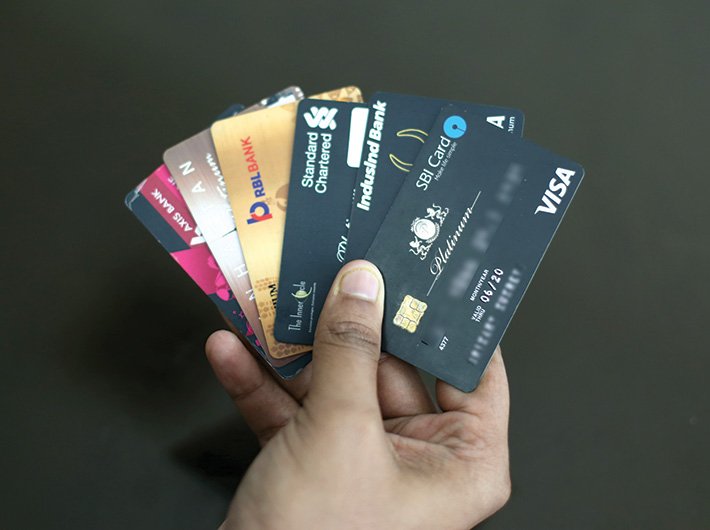It’s a no brainer that digitalisation of the economy has been underway well before demonetisation and is sure to continue post-demonetisation, ORF article
If the finance ministry and the RBI are serious about promoting the shift to digitalisation, they’re going to need to increase the incentives and reduce the costs to average citizens, everything from transactions fees to poor internet connectivity which leads to transactions failings, said an article in the Observer Research Foundation website.
The article “India is adopting digital payments like never before, but cash too seems here to stay” by Rupa Subramanya, a Mumbai based commentator, economist and researcher, said that the push towards digitalisation requires getting the basics right. Having paid the price of considerable disruption to the economy, it’s imperative that both MoF and RBI push ahead with the digitalisation drive to reap the full long-term benefits.
“As my research shows, digitalisation in particular has been above trend since demonetisation. Both MoF and RBI must track if this is a permanent and structural shift in behaviour. If it is, despite the initial pain, demonetisation may yet yield the long-term gains that Prime Minister (Narendra) Modi has spoken about.”
Read: Case against cash
More than three months have passed since the announcement by Prime Minister Narendra Modi on November 8, 2016, that high denomination notes were being demonetised. There has been much debate on whether the government has achieved its stated goals.
The article said that we do not yet know the extent of any possible fiscal windfall as the Reserve Bank of India has not released official figures on what portion of the approximately Rs 15 trillion of demonetised notes were returned. Likewise, we do not yet know the extent to which depositors of illicit cash will be discovered and penalised by tax authorities.
The other remaining major rationale for demonetisation has been that it will push the economy toward greater digitalisation and formalisation as a direct consequence of the temporary cash crunch especially in the immediate aftermath of old notes ceasing to be legal tender.
Subramanya said that while it’s not in dispute that increased digitalisation in particular is a laudable goal, what remains untested is the extent to which this actually happened. Unfortunately, much analysis has focused exclusively on data relating to the post-demonetisation period to try to draw conclusions. Thus it’s now become a refrain that after rising in December 2016, various measures of digital transactions fell back again in January 2017.
Read: Demonetisation impact on formal remittances could be significant: Expert
The article went on to say that it’s a no brainer that digitalisation of the economy has been underway well before demonetisation and is sure to continue post-demonetisation.
The crux is that those who claim that digitalisation fell in January by looking at only two or three data points completely miss the fact that this is still more than we would have had if demonetisation hadn’t occurred! The narrative of a sharp rise and then drop in digitalisation is simply misleading and based on poor data analysis. Even a cursory analysis of long term trends shows we’re still above trend, due to demonetisation.
“…In other words, while digitalisation has proceeded, cash has not become unimportant. It’s necessary to stress that this trend for cash incorporates a couple of months of data following demonetisation. If demonetisation indeed leads to less cash in the economy, we should see this elasticity fall over time.”
Read: ORF’s India is adopting digital payments like never before, but cash too seems here to stay
